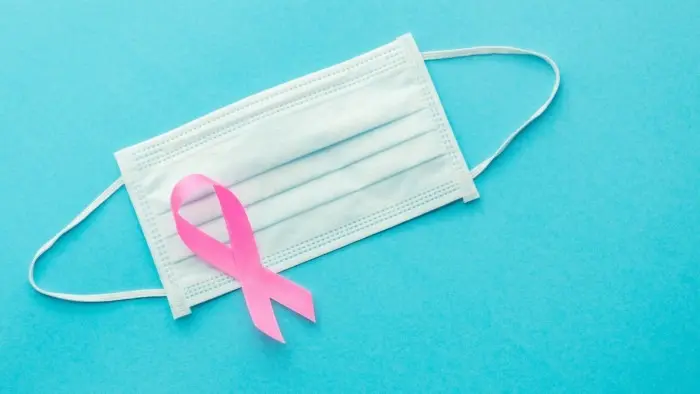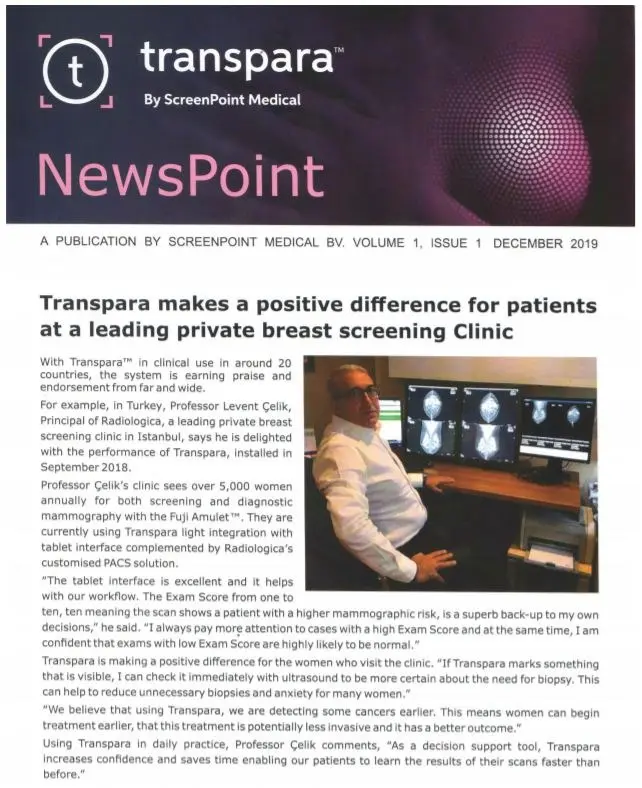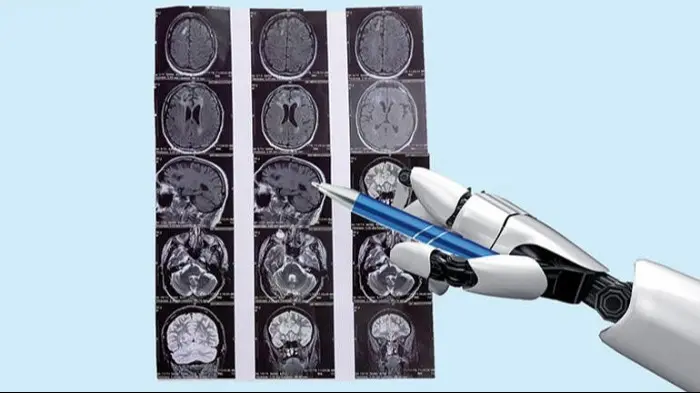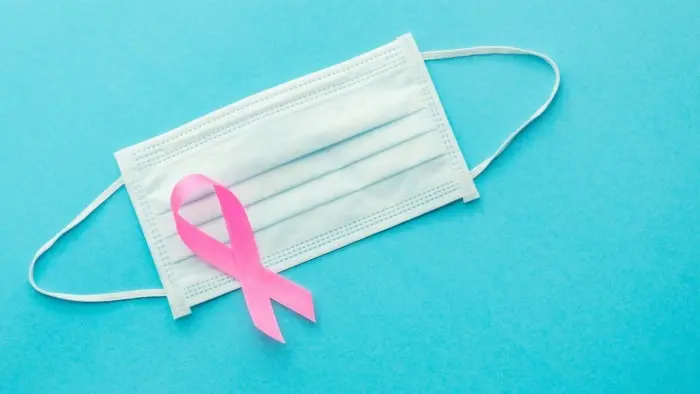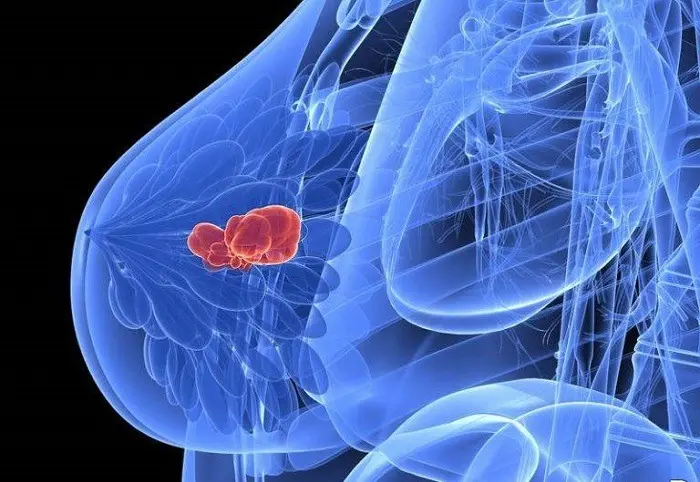During the early period of the pandemic, breast cancer screening centers in many countries suspended their operations. As a result, early diagnosis rates dropped worldwide, including in Turkey. Studies predict that a 6-month halt in breast cancer screening will increase breast cancer deaths by 2 to 2.4 per 100,000 over the next 10 years. Additionally, due to screening and diagnostic delays caused by the pandemic, it is estimated that breast cancer deaths in the U.S. will increase by 10,000 people over the next decade. Therefore, it is essential that those who postponed their screenings due to coronavirus fears or system shutdowns visit screening centers for breast cancer screening.
Due to current concerns, some patients avoid going to hospitals and imaging centers despite serious cancer signs such as palpable lumps, because of COVID-19 fears. This situation causes delays in diagnosis and treatment. During the last six months of the pandemic, mammography screenings decreased by 70-75%. Radiology Specialist and Breast Radiology Professor Dr. Levent Çelik emphasized that this issue should be addressed before it reaches serious levels.
“Do not delay your breast cancer screenings”
Prof. Dr. Levent Çelik stated that patients and healthcare providers have learned to live with COVID-19 in ongoing times and that early diagnosis rates have been declining in Turkey and worldwide due to the pandemic. He highlighted that mammography screenings have decreased by 70-75% over the six-month pandemic period. “A Dutch study, presented at the 12th European Breast Cancer Conference, estimates that this pause will increase breast cancer deaths by 2 to 2.4 per 100,000 over the next 10 years. Additionally, screening and diagnostic delays related to the pandemic are estimated to increase breast cancer deaths by 10,000 in the U.S. in the coming decade. With better understanding of COVID-19 transmission and symptoms and the implementation of necessary precautions, screening centers have resumed their operations, and patient demand for screening has increased. We recommend that those who postponed screening due to coronavirus fears or system interruptions get screened as soon as possible,” he said.
Chemotherapy regimens were administered to chemotherapy patients
Prof. Dr. Levent Çelik recalled that chemotherapy patients faced the greatest challenges in the early months of the pandemic: “Due to chemotherapy’s immunosuppressive effects, treatment regimens were adapted to reduce hospital visits, and utmost care was taken to protect these patients from COVID-19. Supportive treatments to strengthen the immune system were applied more than ever. However, having had breast cancer alone does not increase COVID-19 risk. Patients who have completed all treatments and are under routine follow-up have no higher risk compared to their peers. Special precautions are needed during chemotherapy because of its weakening effect on the immune system.”
One in every 7-8 women encounters breast cancer at some point in their life
Prof. Dr. Levent Çelik also shared numerical details about breast cancer: “In Turkey, 47% of breast cancer cases occur in women aged 50 and under. Accordingly, the Ministry of Health has set the starting age for mammography screening at 40 years. A breast cancer that is palpable by hand typically measures 15-17 millimeters in diameter and reaches this size over 8-10 years. Today’s screening technologies can detect breast cancer 3-4 years before it becomes palpable. Being a woman is the most important risk factor for breast cancer, which is why screening is recommended for all women. One in every 7-8 women will face breast cancer during her lifetime. Women with first-degree relatives diagnosed with breast cancer have a 20% chance of developing it themselves. For early diagnosis, the fundamental method is for women to undergo regular mammography screenings after age 40. Additionally, high-risk patients should be screened with breast MRI in addition to mammography at intervals determined by their risk levels.”
Early diagnosis is crucial for breast cancer as with all cancers!
Emphasizing the importance of device technology, calibration, and maintenance in early diagnosis, Prof. Dr. Levent Çelik said: “The mammography machines used during breast examinations are very important. Especially for early diagnosis, time is extremely valuable. Mammography devices with tomosynthesis functionality increase our chances of early diagnosis by 20-25% compared to other devices. Additionally, AI programs assist radiologists in detecting early breast cancer. The success of these programs in identifying breast cancer on mammograms is comparable to that of radiologists. Therefore, we use AI-based cancer detection and recognition programs as a second reader in daily routine. These AI tools speed up the diagnosis process and improve accuracy. Breast cancer is the most common cancer among women, and thanks to advances in diagnosis and treatment, early-detected breast cancer is among the curable diseases. Women themselves carry great responsibility in achieving this. They should not avoid screening due to excuses like 'I have no family history of breast cancer' or 'mammography hurts.' They should value themselves and their loved ones and never neglect their mammograms. We radiologists are here to assist and support them and to encourage participation in screening programs,” he concluded.
Click here for the continuation of the Medikalnews.com news article...


